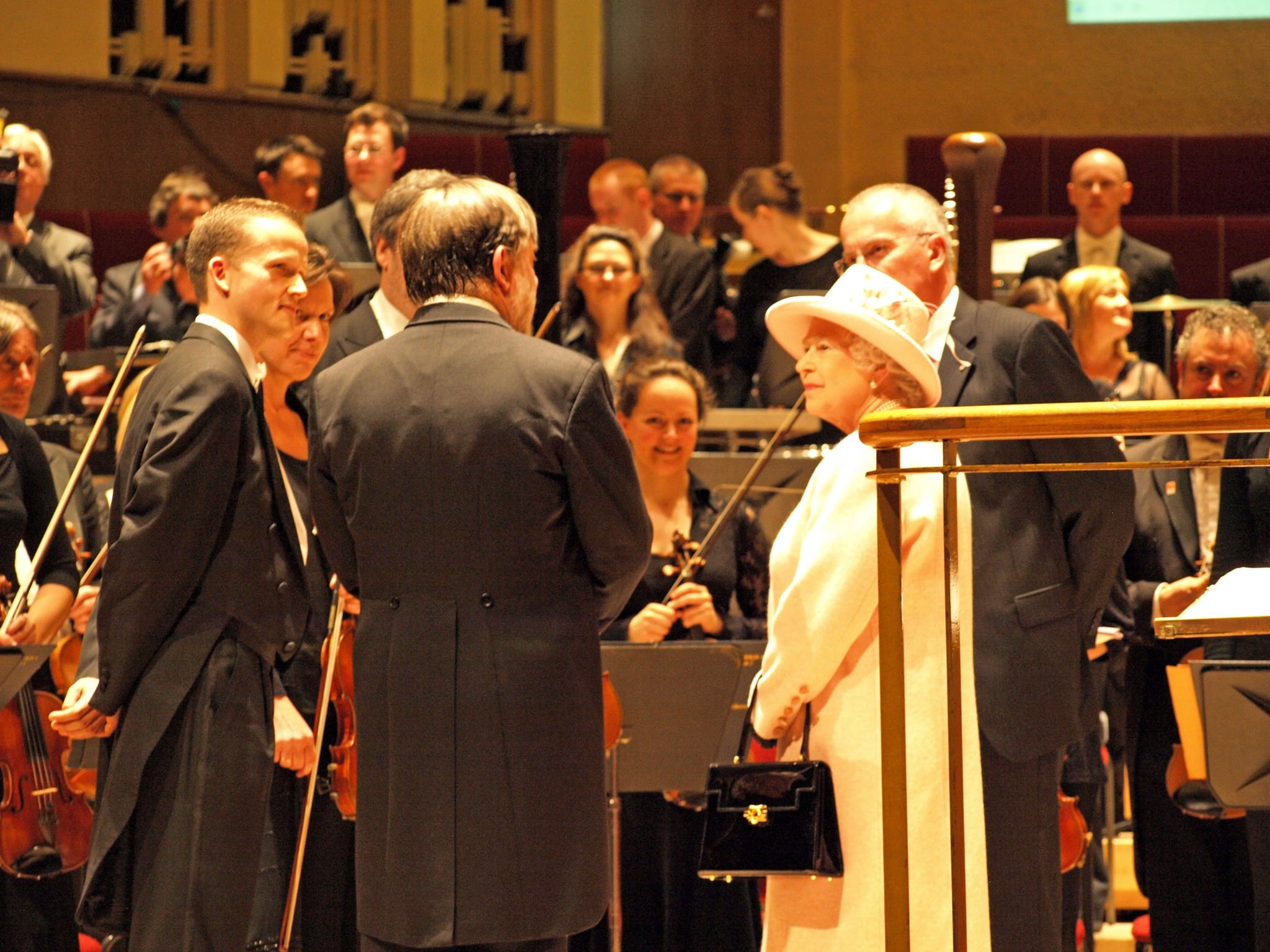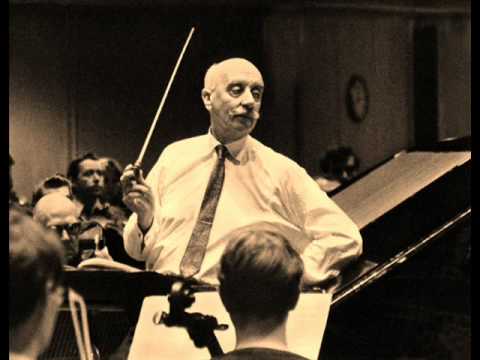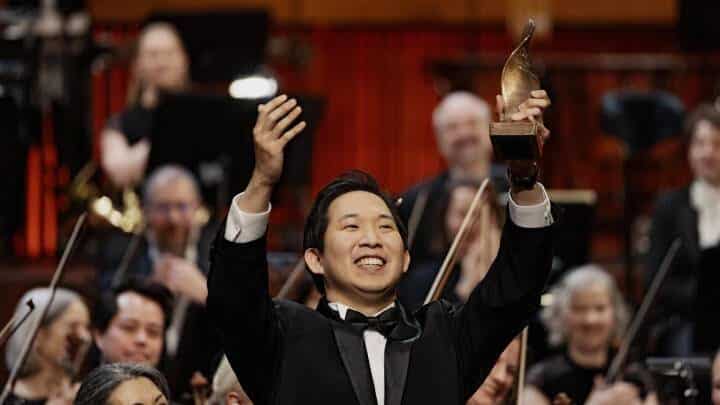One of the best
mainJonathan Carr, who died last week near Bonn, was an astute political journalist and a musical enthusiast of expert knowledge and sound judgement.
He brought an aesthetic perspective to his professional occupation and a shrewd political eye to his musical researches, adding a dash of wit that made him constantly readable.
As Germany correspondent for the Financial Times and, later, bureau chief for the Economist, Jonathan saw just about every Meistersinger in 30 years, and held Rafael Kubelik’s 1967 Munich production with Thomas Stewart as Sachs to be supreme.
He forged a musical bond with Chancellor Helmut Schmidt, becoming his biographer. Two months before the fall of the Berlin Wall, he wrote an essay foretelling German reunification. Both the FT and Economist have published warm tributes, here and here.
As a friend, he was both giving and undemanding. In 15 years, I never experienced an awkward moment in Jonathan’s company or heard an empty phrase from his lips. He was a true idealist, living to the full the values he held important and dear.
I gave him the title for his first musical biography, The Real Mahler. He delicately declined my suggestion for the second – The Wagner Gang – preferring The Wagner Clan as the more decorous option. Unmoved by reputation, he maintained a critical independence that, in its occasional severity, was always tolerant of human weakness.
Journalists are generally not the best advertisement for their vocation. Jonathan was.





Comments